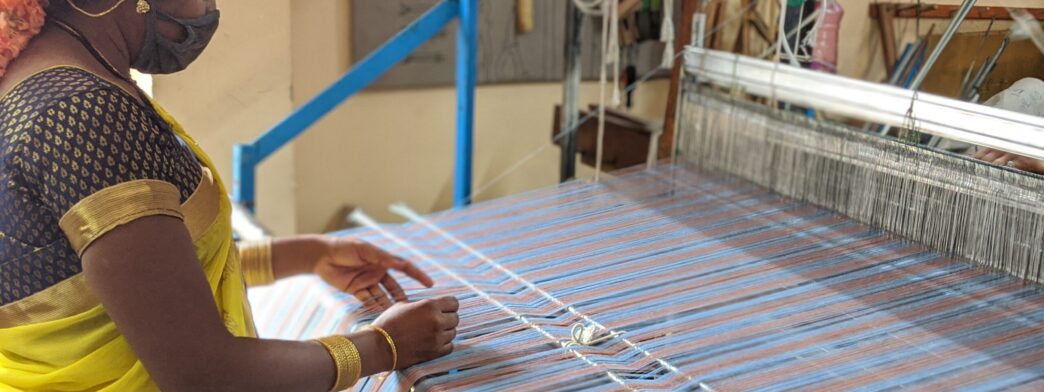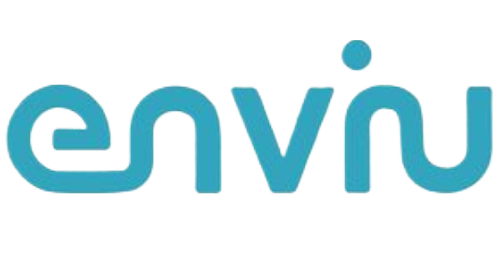Weaving a sustainable future
August 11, 2020

The clothing industry has been hit hard by COVID-19. Consumer demand for clothing has gone down, leading to enormous amounts of overstock and big brands cancelling orders. This has caused financial problems for producers who have laid off employees on a massive scale.
Workers in production countries such as India are worst affected. Without a job, they lack the means to support their families.
This domino effect has exposed both the deep inequality and unsustainable roots of the fashion industry. Consumers are demanding clothing that hasn’t been made at the cost of people and planet. Real change is needed—now, more than ever.
Putting workers first
The IKEA Foundation is supporting Enviu’s Reweave programme to enable circular and fair production in India. As a serial entrepreneur, Enviu is driving sustainable innovation by building new companies across the clothing production chain. These companies are turning waste into value and social inclusivity is part of their DNA.
One of these companies is Khaloom, a handweaving unit in Bangalore that upcycles textile waste into new, high-end fabrics. Khaloom puts their employees first, showing that employers must take responsibility for the welfare of their workers—especially in today’s turbulent times.
During the lockdown in India, Khaloom had to close its business. However, the company felt the responsibility to continue to pay its weavers and, with support of the IKEA Foundation, it was able to do so.
Income during lockdown
Divya and Chandrakala are weavers at Khaloom and absolutely love their jobs. Weaving is engrained in their families, a skill passed down from generation to generation.
“I like the meditativeness of weaving. It comes naturally,” Divya explains. “My father taught me and I started when I was 12. Weaving is in my genes.”
“I was relieved after Khaloom’s call of continuing to pay us,” Chandrakala says. “I was worried where we would get money for essentials like meals from. My husband’s shop was closed. There would have been no income.”
“I had heard of people who weren’t paid anything. The companies which laid off people have existing employees who are overworked. I have a neighbour who is overworked. The work times have only become longer.”
We feel safe here
“I was overjoyed when Khaloom opened again,” Divya says. “I felt like I was lost in a jungle and came back! I was so happy to be reunited with my colleague weavers, my friends. I have worked in other companies, but at Khaloom I can be myself without fear. I can ask and be open with Khaloom.”
Chandrakala says: “Management is great and supportive, and we all feel safe here. We have been following precautions like thermal scanning, washing hands, sanitising, wearing masks, and distancing.”
Khaloom is setting an example to the rest of the fashion industry, creating a blueprint for what change can look like and proving that it’s possible. In this way, we believe that serving people and planet isn’t just a trend but can become the norm.







